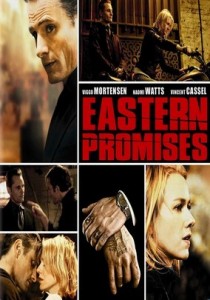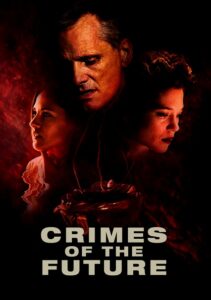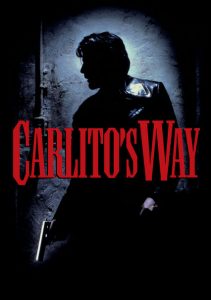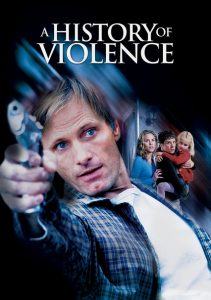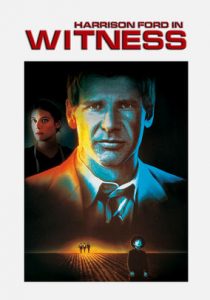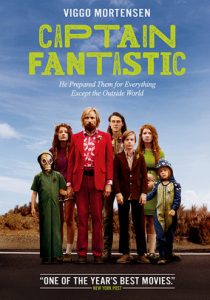Eastern Promises-2007
Director David Cronenberg
Starring Viggo Mortensen, Naomi Watts
Top 250 Films #193
Scott’s Review #205
Reviewed December 15, 2014
Grade: B+
Eastern Promises is a 2007 Russian mafia thriller directed by David Cronenberg (The Fly, A History of Violence) that stars Viggo Mortensen, Naomi Watts, and Vincent Cassel.
The film is an uneven experience, seemingly meshing two stories together- one fascinating, one unnecessary.
Watts plays a British-Russian midwife named Anna, who works at a London hospital. She attempts to find the family of Tatiana, a fourteen-year-old girl who dies during childbirth leaving a diary written in Russian along with her newborn.
Anna struggles to unravel the mystery surrounding the girl which ends up involving the mafia.
Mortensen plays Nikolai, the mysterious chauffeur to crime lord Semyon, and Cassel plays Kirill, the disturbed, alcoholic son of Semyon.
The plot segues into a story of a somewhat relationship between Nikolai and Anna that is not quite romantic and also a much more intriguing relationship between Nikolai and Kirill as a brotherhood of sorts develops between them.
This relationship is complex- Kirill wants Nikolai to prove he is a straight male by having sex with one of several female prisoners he and his father keep as part of a sex trafficking group.
During this scene, and a few others, the two men seem close, almost too close, given the sexual nature of what is happening during the scene, so this relationship is left vague, but intriguing nonetheless.
The latter story holds more interest to me, whereas the former seems contrived and rather uninteresting. Was the intention of the film to imply a romantic interest between Anna and Nikolai?
I found zero chemistry between the two and wondered if the audience was supposed to root for them as a couple or not.
The four principal characters in Eastern Promises are interesting to unravel. I found the characters of Nikolai and Kirill complex and interesting.
Not so much with the character of Anna. Why did I not find her so compelling? Besides a skimmed over the mention of how she lost a baby what vested interest did she have in mixing with the Russian mafia and putting her mother and uncle in harm’s way?
Sure, anyone would want to find an orphaned baby’s family, but why not just call the police? This seems like a large plot hole. Conversely, Nikolai is a fascinating, layered character played wonderfully by Mortensen.
What are his true motivations? Is he a good guy or a bad guy? His attempts at being accepted by Semyon and the family to join the mob family make him seem dangerous- but his kindness towards one of the Ukrainian prostitutes is sweet.
Kirill is a despicable character, but what is his sexuality? Does that make him get so drunk and angry? How does one explain his conflict over the baby shifting his character too sympathetic?
Ultimately, Nikolai and Kirill are complicated- Anna and Semyon are more one-note.
I would have preferred the story solely revolve around the mafia family and the Godfather-type scenes, specifically the two throat-slashing scenes violently done, and perhaps leave out Watts’s character and story altogether.
A gritty scene that takes place in a steam room pits Nikolai against two rival mafia men. The scene is long and intense. Mortensen performs the scene completely naked, which adds to the rawness and the brutality of the fight.
It is one of the most masculine scenes I can remember watching.
At times compelling, but riddled with plot holes and requiring some suspension of disbelief, Eastern Promises (2007) is an entertaining Russian mafia film that remains a decent watch.
Oscar Nominations: Best Actor-Viggo Mortensen
